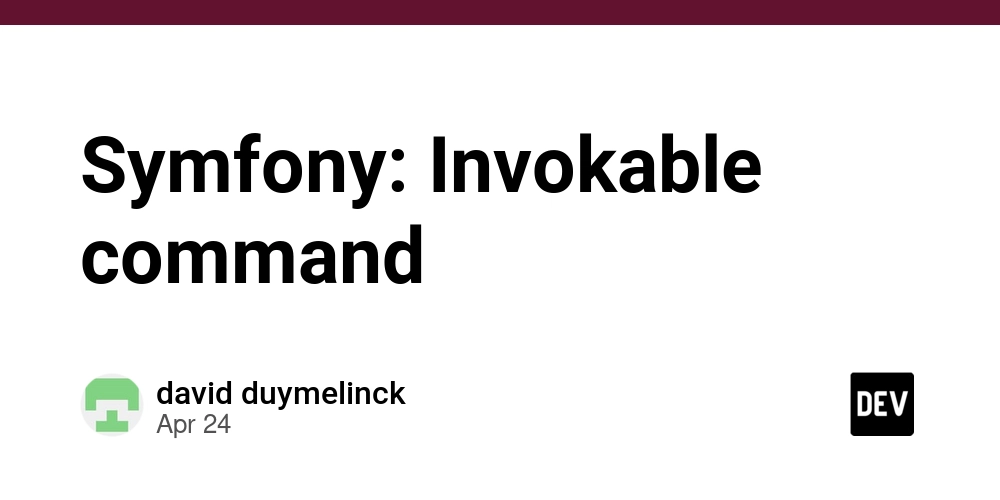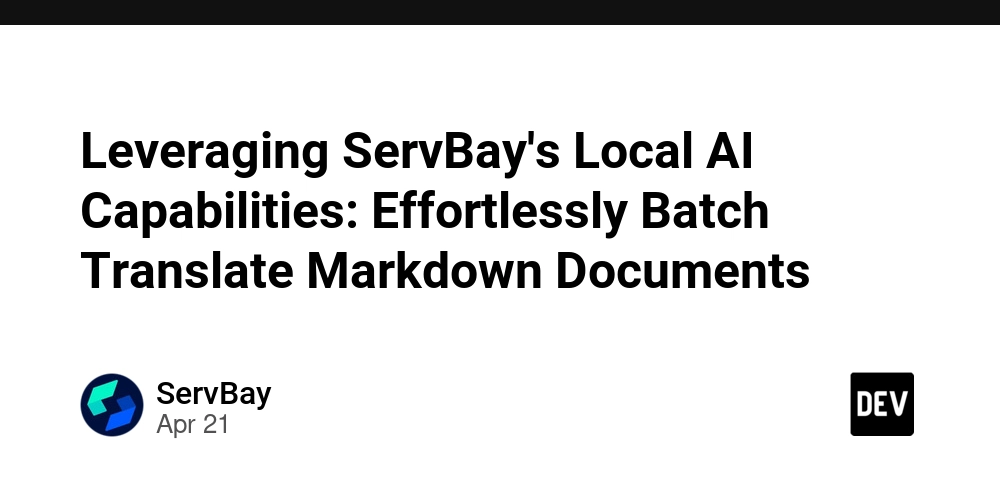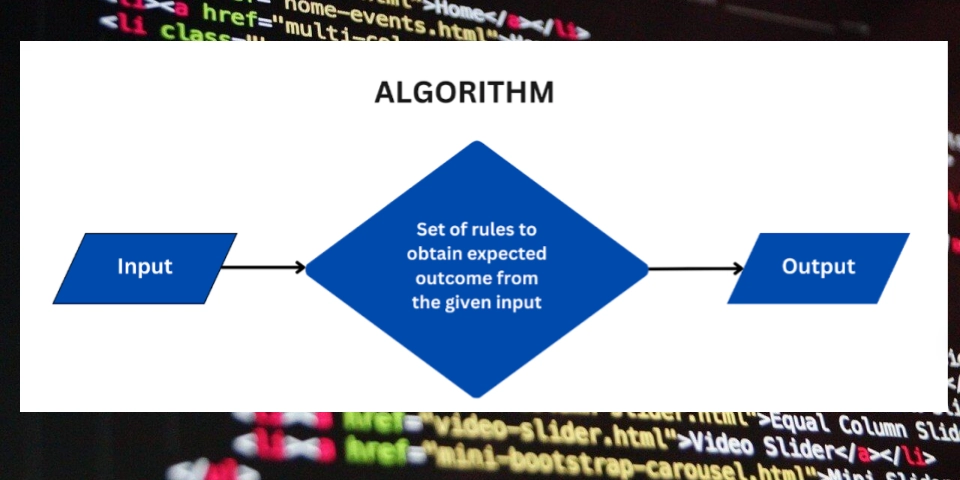
Stop Using Optional Chaining in JavaScript & TypeScript: Why Erroring Early Saves You Time and Headaches
Are you tired of endless debugging sessions caused by unexpected undefined values in your JavaScript or TypeScript code? You're not alone. Many developers fall into the trap of overusing optional chaining (?.) and optional properties, leading to more complex and error-prone code.
This article explains why you should minimize optional chaining and embrace a "fail fast" approach. Learn how to improve code reliability and reduce debugging time by validating your data upfront.
The Problem with Optional Chaining and Optional Properties
While optional chaining and optional properties seem convenient at first glance, they introduce significant problems:
- Hidden Errors: They mask the fact that data might be missing, pushing error handling further down the line. This makes it harder to track down the root cause of issues.
- Code Complexity: Handling
undefinedin multiple places within your functions and classes increases cognitive load and makes your code harder to understand. - Immutability Issues: Encourages creating mutable objects to "fix" potential issues, leading to unpredictable bugs and state management nightmares. Imagine changing an object property thinking it wouldn't affect somewhere else, just to unravel a massive bug.
In essence, optional chaining leads to code that's "flexible" in handling messy data instead of enforcing data integrity from the start.
The "Fail Fast" Approach: Embrace Early Errors
Inspired by languages like Go, the solution is to "fail fast." Instead of allowing undefined values to propagate through your code, validate your data at the entry point. This approach delivers several benefits:
- Clear Error Messages: Errors occur early, providing precise information about what data is missing or invalid.
- Simplified Code: Eliminating the need to handle
undefinedin multiple places makes your code cleaner, more concise, and easier to maintain. - Improved Reliability: Ensures data integrity throughout your application, reducing the risk of unexpected bugs.
By ensuring data integrity at the beginning, the rest of the application's code doesn't need to worry about undefined edge cases. TypeScript static checking will catch those issues during compilation.
How to Implement "Fail Fast": Practical Strategies
Here's how to implement the "fail fast" approach in your JavaScript and TypeScript projects to avoid overusing optional chaining:
- Parse, Don't Validate: Use libraries like Zod or Yup to define schemas and validate incoming data. These tools automatically check if the required data exists and conforms to the expected format.
- Manual Validation: If you can't use a parsing library, manually validate the data at the beginning of your function or class. Provide default values when appropriate.
- Create Strict Types: Define TypeScript types that accurately reflect the expected data structure. Avoid using optional properties (
?) unless absolutely necessary.
For example, if receiving potentially incomplete JSON from an external API. Instead of using name?: string in the TypeScript type, validate the JSON using Zod and enforce the name field to always be a string.
Real-World Example: Validating User Data
Imagine you're fetching user data from an API. Instead of using optional chaining to access properties like user?.profile?.name, validate the data immediately after receiving it:
This approach ensures that the user object is valid before being used in other parts of your application.
Benefits of Avoiding Optional Chaining and Optional Properties
By adopting a "fail fast" approach and minimizing optional chaining, you'll experience significant improvements in your code:
- Reduced Debugging Time
- Increased Code Readability
- Enhanced Application Stability
Embrace early error handling and data validation. It's an investment that will pay off in the long run. Your future self (and your team) will thank you.























